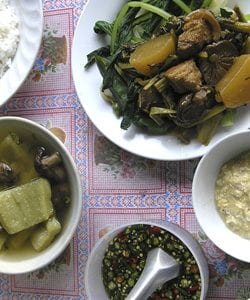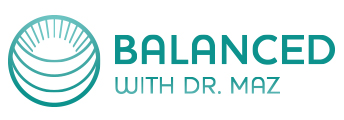So what does a Chinese Medicine treatment look like?
To begin with, we will take a detailed history and will ask about what has brought you in for treatment. Then we discuss some more detailed questions – enquiring, for example, about your energy levels, sleep quality, digestion, and any aches or pains; these help to provide a better understanding of your current state of health, both inside and out.
We will then have a quick look at your tongue and will feel your pulse – these are important tools to identify any aspects that may be out of balance. The abdomen can also say a lot about your current wellbeing – tight, jumpy muscles or bloating are just some of the many important indicators that your practitioner may look for in arriving at a diagnosis. Once diagnosed, we can use acupuncture, herbs and other techniques (like cupping, Gua Sha, Qi Gong and breathwork ) to restore balance to the body. They may also suggest lifestyle and diet tweaks to maximise treatment benefits and speed recovery.
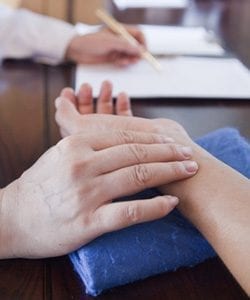
Acupuncture
Acupuncture is a wonderful way to restore the balance in the body. It can provide drug-free relief from pain such as migraines and chronic headaches, lower back pain, sciatica, knee osteoarthritis and post-operative pain, and can address the root cause of a wide range of complaints, from stuck digestion through to stuck emotions and stress.
Acupuncture needles are very fine (only 1/4 of a millimetre!) and many people report no pain at all when they are inserted. In fact, most people find an acupuncture session deeply relaxing and some even have a sleep! Needles are sterile and single-use, so in the hands of a well-trained individual, acupuncture can be considered inherently safe.
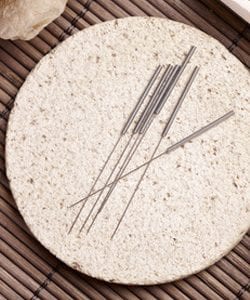
Chinese Herbal Medicine
Chinese Herbal Medicine uses ingredients from nature to restore balance and support health. Many of these ingredients appear in everyday Chinese cooking – dry ginger, red date, mandarine peel, goji berries, chrysanthemum flowers and rice sprouts are a few common examples. The vast majority of medicines are of plant origin: in rare cases, gelatine may be prescribed to nourish the body. Balanced has a strict, zero-tolerance policy for products from endangered animal species. No rhino horn or tiger’s penis here!
The active components in these various herbs can be highly therapeutic – to the extent that they form the basis for many pharmaceutical medicines. The benefit of harnessing these active components in their complete plant form is that they are more balanced, as other factors in the plant can assist in medicinal function and help to minimise the side effects that are common with isolated compounds.
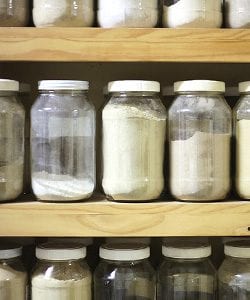
Cupping and Gua Sha
Cupping is a popular therapy used by many healing systems across the world – an Egyptian medical textbook dating to 1,550 BCE highlights its benefits. Cups can be made from bamboo, ceramic or plastic, though glass cups are the most common – and it is these that are used in clinic, due to ease of sterilisation. Cups create a suction effect on the skin, promoting circulation and cellular metabolism. Cupping is excellent for relieving tight muscles and areas of swelling or old scar tissue – they can even reduce the appearance of cellulite.
Using the same principle of promoting circulation and local cellular metabolism to clear waste, Gua Sha uses a ceramic soup spoon (hence the other name it goes by, ‘spooning’) to create the same effect. Like cupping, Gua Sha can provide instant relief for pain and muscle spasm, amongst other applications.
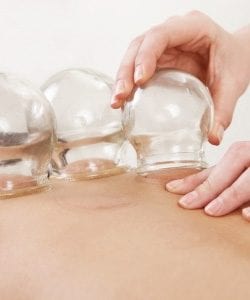
Dietary & Lifestyle Therapy
How we live each day and what we eat is an integral part of the healing journey. While a 1 hour Chinese Medicine session can go a long way to pointing you in the right direction healthwise, what you do in the remaining 167 hours of the week will play a large role in treatment success.
Your practitioner will discuss relevant advice with you during your consultation. This can involve simple changes such as eating your meals away from your desk, to allow your digestion to work at its optimal level, or changing unconscious habits such as shallow breathing (shallow breathing is a big signal for your body that danger is imminent, causing the release of stress hormones that can have far-reaching effects such as high blood pressure, anxiety and even that “spare tyre” around the middle).
